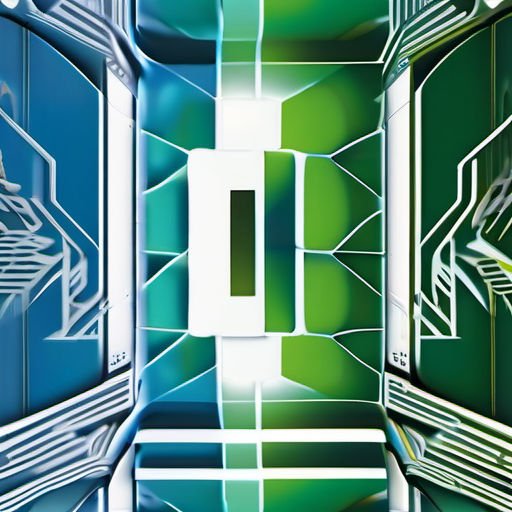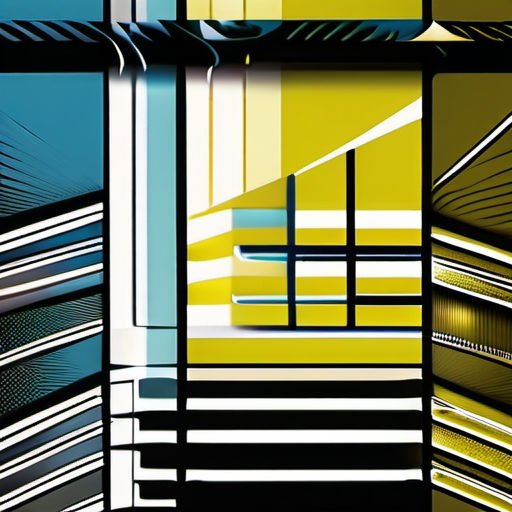When Jobs Control You Instead of People
Exploring the World of THX 1138 and Its Dystopian Vision
THX 1138, George Lucas’s directorial debut, invites viewers into a stark, controlled society where individuals are stripped of identity and assigned artificial roles to maintain order. This 1971 sci-fi film is not just a cinematic experience but a profound exploration of humanity’s struggle against dehumanization. Set in a bleak future, THX 1138 reveals a world where emotions are suppressed, personal freedoms are an illusion, and life is reduced to predictable functions imposed by an authoritarian system. The film’s portrayal of artificial roles raises pressing questions about conformity, individuality, and the price of a perfectly regulated society.
The Concept of Artificial Roles in THX 1138’s Dystopian Society
At the heart of THX 1138 lies the notion of individuals being consigned to artificial roles. These roles are predefined, devoid of personal choice, and designed to serve the needs of the state structure.
What Defines Artificial Roles?
Artificial roles in this dystopia are categorized by:
– Strict occupational assignments that discourage creativity or deviation
– Uniform behavior expectations, enforced through surveillance and biochemical controls
– Suppression of emotions to ensure compliance and social stability
The film showcases characters like THX 1138 himself, who functions as a cog in this mechanized society, wearing a sterile white uniform, living in a white, claustrophobic environment—all visual metaphors for the lack of personal identity.
Why These Artificial Roles Matter
By enforcing these roles, the government eliminates unpredictability and potential rebellion. However, this raises critical ethical issues:
– Loss of individuality leads to a loss of meaning and purpose for citizens
– Artificial roles provoke internal conflicts as some characters begin to experience forbidden emotions
– Social harmony is maintained at a great human cost, challenging viewers to rethink trade-offs in managing society
Behind the Scenes: The Making of THX 1138 and Its Philosophical Roots
Understanding the background of THX 1138 enriches one’s appreciation of its treatment of artificial roles and dystopian themes.
George Lucas’s Vision
Before the Star Wars phenomenon, Lucas envisioned a film that explored control and conformity using stark visuals and minimalist storytelling. His personal experiences and academic background at the USC School of Cinematic Arts influenced:
– The rigorous structure of society depicted in the film
– The emphasis on surveillance and control technology as instruments of conformity
– The philosophical undertones drawn from existentialism and critiques of modern societal systems
Influences from Literature and Film
THX 1138 echoes themes from dystopian classics such as 1984 and Brave New World. It also takes cues from the French New Wave and experimental cinema, emphasizing mood and atmosphere over standard narrative.
These influences highlight:
– The danger of artificial roles as tools of oppression both in fiction and real life
– The tension between technology and humanity’s intrinsic desire for freedom and identity
The Impact of Artificial Roles on Human Identity in the Film
THX 1138 poignantly presents a society where artificial roles erode human identity and emotional depth.
Emotional Suppression and Its Consequences
Citizens must take mandatory emotion-suppressing drugs, symbolizing the artificial nature of their existence. This leads to:
– A sterile, joyless environment devoid of spontaneity
– Characters’ internal rebellion as they confront suppressed feelings
– A narrative tension that questions whether assigned artificial roles can ever satisfy human nature
The Journey of THX 1138 – From Compliance to Resistance
THX’s transformation from a compliant participant to a seeker of personal freedom underscores the conflict between imposed roles and authentic identity. His and LUH 3417’s escape attempts reflect:
– The human drive to reclaim individuality despite systemic oppression
– The fragility of artificial roles when challenged by genuine emotion and desire
– A hopeful message about the resilience of human spirit
Technological Control and Surveillance: Enforcing Artificial Roles
The film illustrates how technology underpins the rigid assignment of artificial roles.
Surveillance State
Constant monitoring through cameras and tracking devices ensures conformity is maintained without question. This has parallels in today’s debates about privacy and government overreach.
Biochemical Control
The mandatory drug use to suppress emotions functions as a biochemical form of control. Examples include:
– Regular injections that suppress feelings, rendering citizens passive
– Use of automated systems to administer drugs and monitor compliance
– The reliance on technology as both protector and enforcer of the societal model
This blend of technology and social engineering exemplifies how artificial roles can be artificially maintained at both physical and psychological levels.
Legacy and Relevance of THX 1138 in Understanding Artificial Roles Today
Though made over 50 years ago, THX 1138’s exploration of artificial roles remains strikingly relevant.
Modern Parallels
Today’s expanding surveillance technologies, workplace automation, and societal roles shaped by algorithms resonate with the film’s warning:
– The risk of losing individuality to predefined digital profiles and automated workflows
– Ethical concerns around manipulating human behavior via technology
– The thin line between order and oppression in structured societies
Its Influence on Sci-Fi and Popular Culture
THX 1138 laid foundational ideas for dystopian storytelling, influencing films like Blade Runner and The Matrix. It remains a touchstone for discussions on how artificial roles shape not only fiction but our real-world conceptualization of identity and control.
Key Lessons from THX 1138 on Artificial Roles and Dystopia
Reflecting on the film offers several insights:
1. Artificial roles, while offering stability, can suffocate human creativity and freedom
2. Systems enforcing rigidity must contend with the innate human drive for self-expression
3. Technology is a double-edged sword—capable of liberating but also of controlling populations
The film prompts us to ask: How much control over our roles and identities are we willing to relinquish in modern societies?
Embracing the Future: Rethinking Artificial Roles in Tomorrow’s Worlds
As technology evolves, society faces new challenges around artificial roles—whether in AI, employment, or social structures.
– Encouraging systems that enhance personal identity rather than restrict it
– Advocating for ethical technology use to prevent dystopian outcomes like those in THX 1138
– Promoting awareness of how societal roles can be artificially imposed and resisted
For those interested in diving deeper, the [Internet Archive](https://archive.org/details/THX1138_201910) hosts materials related to THX 1138’s production and legacy.
Learning from THX 1138 encourages vigilance in shaping a future that honors both individual uniqueness and collective well-being.
Final Thoughts and Invitation: THX 1138 challenges us to confront the often invisible shackles of artificial roles. By questioning these forces in our own lives and communities, we become active participants in crafting societies that value freedom, diversity, and humanity. Explore the film, reflect on its messages, and join the conversation on the roles we accept—and resist—in a rapidly evolving world.












Post Comment